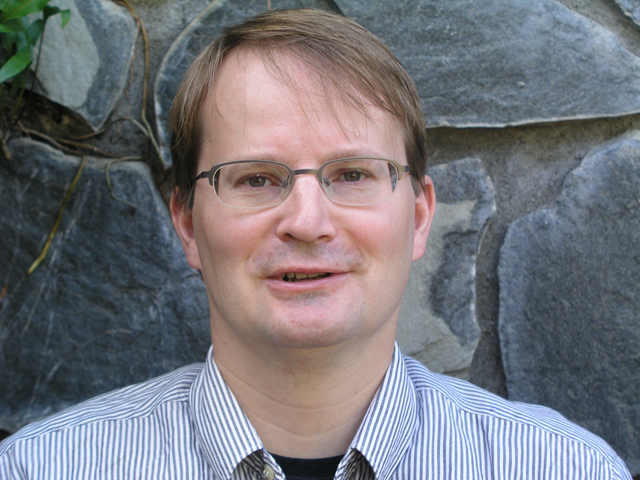
|
|
|
Welcome
Thanks to all participants to the 2022-edition !!!! Please consult the website of the 2025-edition (7-11 April 2025) The link to the 2025-edition can be found here
2022 Spring School on Data-driven Model Learning of Dynamic Systems Dates: Monday 4 April 2022 (beginning of the afternoon) - Friday 8 April (end of the afternoon) The Spring School consists of a five-days PhD course on data-based modeling (system identification) covering both the fundamentals and more advanced topics. After two editions held in Nancy in 2017 and in 2018, one in Ecully in 2019, one virtual edition in 2021, the 2022-edition will be the fifth edition of the Spring School on Data-driven Model Learning of Dynamic Systems. Due to the uncertainties related to the coronavirus pandemic, the 2022-edition will also be held in a fully virtual fashion. Like in the previous editions, the 2022-edition will welcome an international guest lecturer.
INVITED GUEST LECTURER FOR THE 2022-EDITION Prof. Håkan HJALMARSSON, KTH Stockholm, Sweden presenting a one-day course entitled Dynamic model learning |


